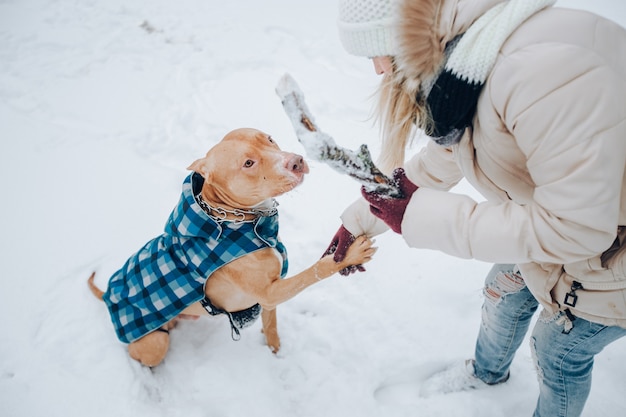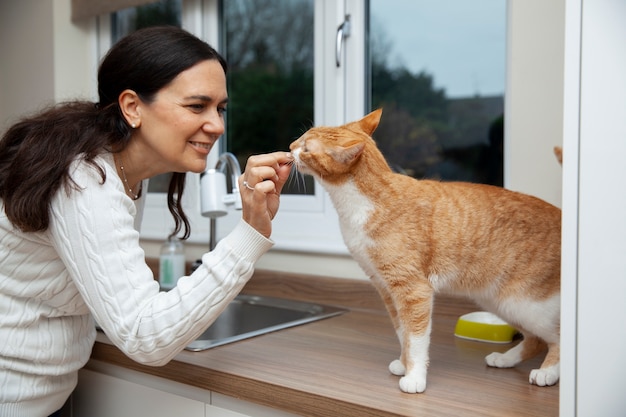White Dog Poop: What Does It Mean and Is It a Concern?

If you’ve ever come across white dog poop during a walk or in your yard, you might have been taken aback and wondered if it's a sign of a health issue. At Express Vets North Canton, we’re here to help you understand what this unusual poop color might indicate and whether it’s something to be concerned about.
White dog poop is relatively rare but not entirely unusual. This phenomenon is often linked to a few common factors. One of the primary causes of white poop is a high intake of calcium. Dogs that consume large amounts of calcium, often from certain types of dog food or supplements, can produce poop with a chalky, white appearance. This can occur if your dog is eating a diet rich in bone meal or if they’re consuming an excessive amount of supplements designed to boost their calcium levels. In such cases, the white color is usually harmless, but it might be a good idea to review your dog’s diet and discuss it with your veterinarian.
Another potential cause of white poop is the presence of undigested food. If your dog is eating a lot of bone or other hard-to-digest materials, these can sometimes show up in their stool as a white, chalky residue. While this is generally not a cause for alarm, it might indicate that your dog’s digestive system is struggling with the food they’re consuming. It could be beneficial to consult with your vet about whether a dietary adjustment is needed.
However, white dog poop can sometimes signal a more serious health issue. For instance, if the poop is accompanied by other symptoms such as diarrhea, vomiting, or lethargy, it might be a sign of a gastrointestinal problem or an issue with the digestive system. Conditions like pancreatitis or liver disease can sometimes cause changes in stool color, including a white or pale appearance. In such cases, a thorough examination by your veterinarian is crucial to determine the underlying cause and to receive appropriate treatment.
Dehydration can also play a role in the appearance of your dog’s stool. When a dog is not drinking enough water, their poop can become harder and lighter in color. Ensuring that your dog stays hydrated can help maintain the normal color and consistency of their stool.
Additionally, environmental factors might contribute to the white appearance of your dog’s poop. If your dog has been eating unusual substances or accessing non-food items, it could affect the color of their stool. Always monitor what your dog is consuming and keep harmful items out of reach.
Overall, while white dog poop is often linked to dietary factors and is usually not a cause for concern, it’s important to keep an eye on your dog’s overall health. Regular check-ups with your vet can help ensure that any changes in stool color or consistency are addressed promptly and that your dog remains healthy and happy.
If you notice persistent changes in your dog’s stool or if white poop is accompanied by other signs of illness, don’t hesitate to reach out to us at Express Vets North Canton. We’re here to provide expert guidance and ensure your furry friend’s well-being.
If you’re concerned about your dog’s stool or overall health, visit Express Vets North Canton at 149 Reinhardt College Parkway Suite 6,Canton, GA 30114 or call us at (678) 493-5288 for a thorough evaluation. Our team is ready to help you keep your pet in top condition and answer any questions you may have about their health.



















